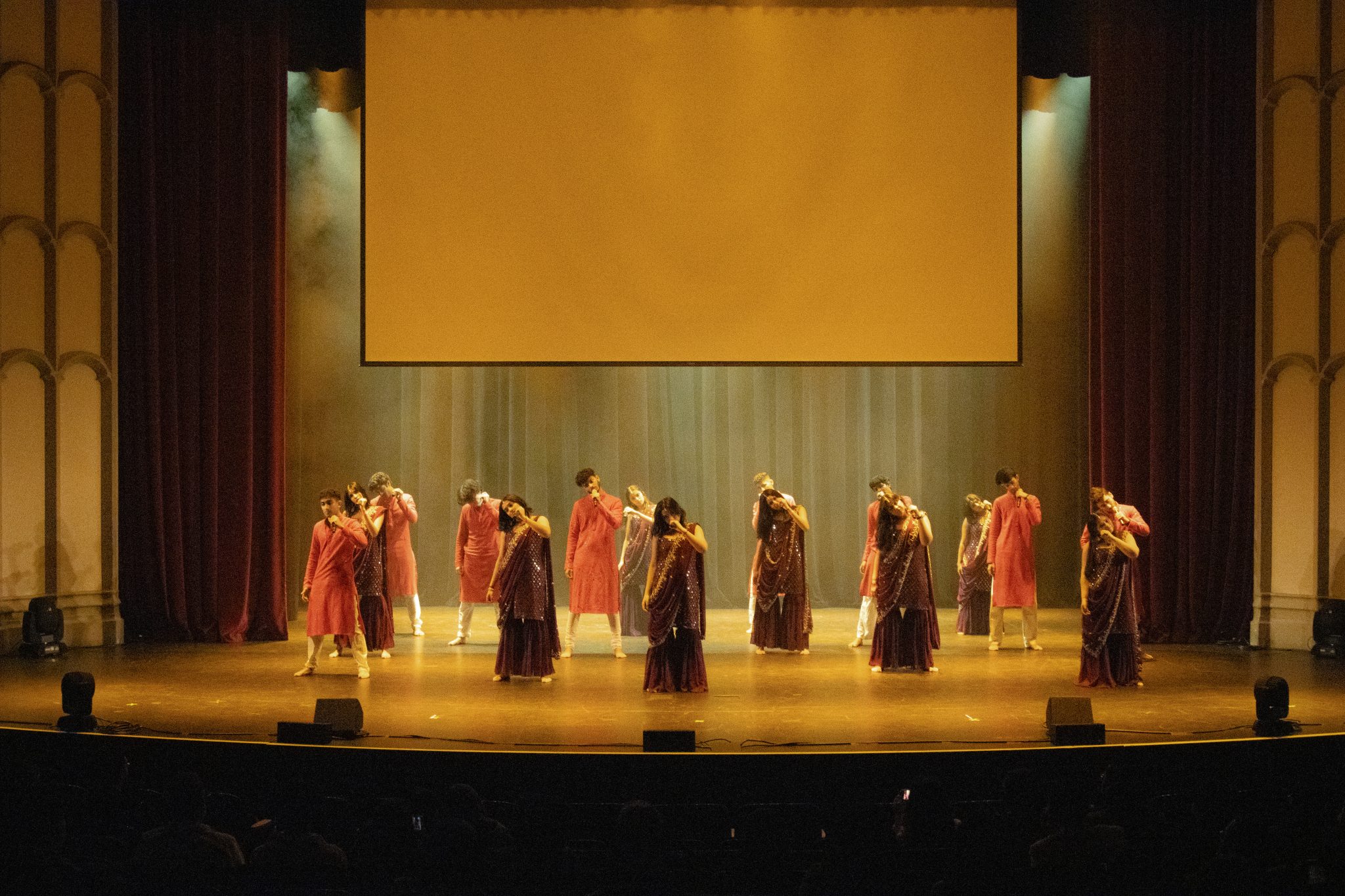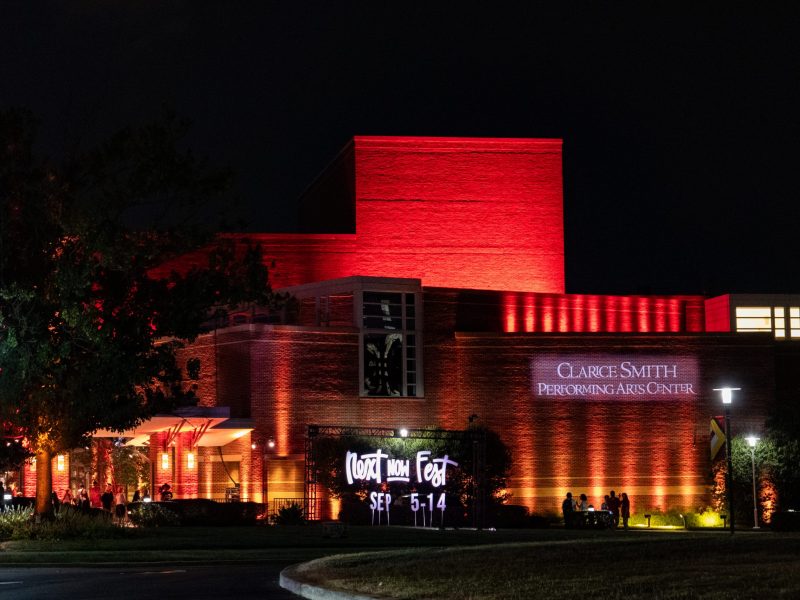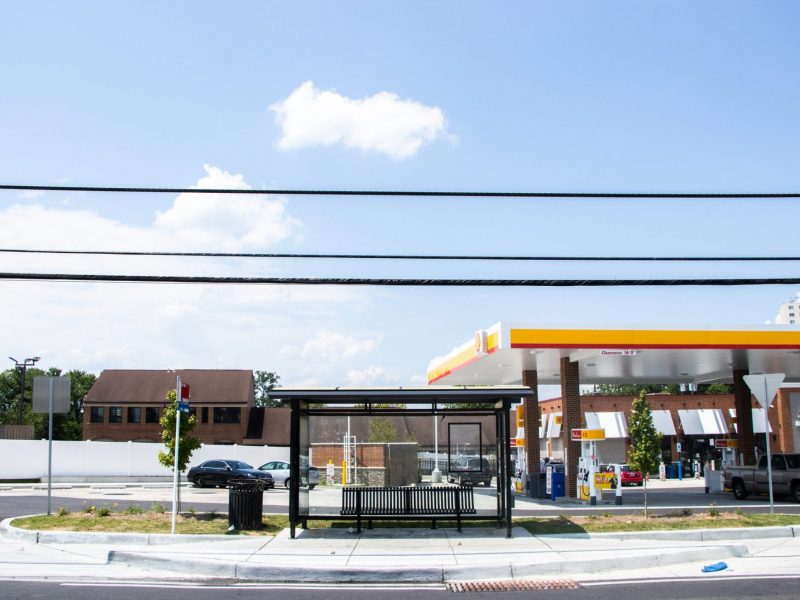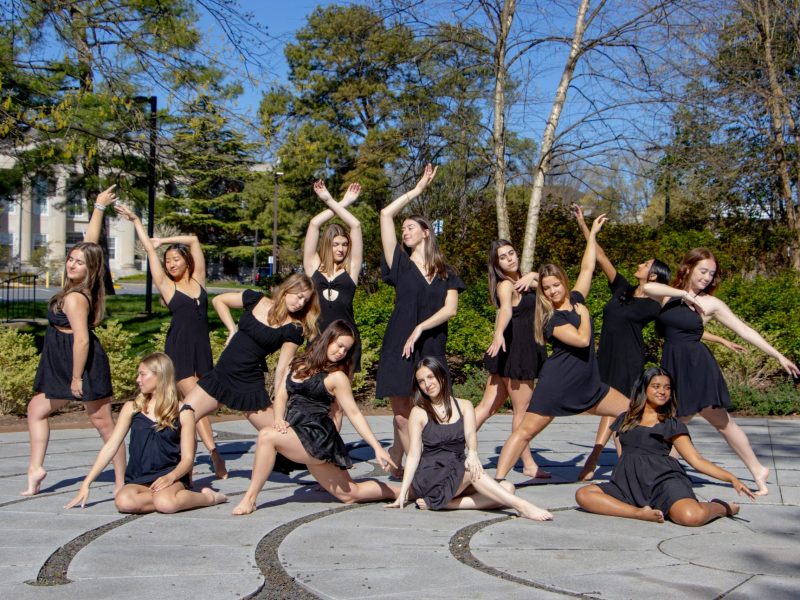As bright lights hit the stage, a harmony of voices begin to flow together against the percussion of a beatboxer. Draped in colorful traditional South Asian sharara suits and kurtas, the UMD Anokha a cappella group is set to make history.
UMD Anokha — Anokha meaning unique in Hindi — embodies this idea as the University of Maryland’s all-gender South Asian a cappella team, performing South Asian fusion music with western twists. The team has performed in various cultural performances both on and off campus, and recently competed nationally on the Association of South Asian A Cappella competition circuit.
The group performed in Los Angeles and Dallas this year, taking home first place from each competition. After winning the most awards won in the club’s history during a competition season, the team is set to take on nationals in Chicago in April.
“This is our strongest year on Anokha,” said Tejas Iyer, a junior computer science and math major and president of Anokha. “We think we can win nationals, and we have a sense of pride which we want to bring to our school as well as to our team.”
The group worked rigorously over the summer to prepare, collaborate and work on musical arrangements for performances.
Inspiration for their performance music stems from cultural music and Bollywood movies the members love. From here, songs are rearranged to mix with popular western tracks.
[Beyoncé’s ‘COWBOY CARTER’ redefines country music]
“Every time we sing, even after six months, we just don’t get bored of it because all of us worked together to put so many layers into it,” said Nimisha Rangachar, a senior physiology and neurobiology and public health major and arranger for Anokha.
Choreography also played a key role in their performances. Creative director Fareen Chowdhury, a senior cell biology and genetics major, emphasized standing out from other teams in their competitions.
The team collaborates to bring their theme to life, this year’s being heaven and hell. The team focuses on implementing song themes and complex vocals through their performances.
Their recent performance at Awaazein in Dallas,where they took first place, stood out particularly to team members. Chowdhury emphasized the group is not just singers — they’re performers.
“We really dive into the intricacies of our set and think about ‘how can we make this jaw-dropping and different?’” Chowdhury said.
The connection between Anokha members beyond graduation is evident, with many flying out to see performances and continuing their support for the team.
[Female artists dominate the 2024 iHeartRadio Awards]
For some members, this is their first experience performing a cappella, or even learning about the Desi culture. Others who had previous experience with a cappella found Anokha as a way to incorporate that passion into their cultural identity.
The club is a safe space for many. It cultivates a family atmosphere where members can come together to share their appreciation for South Asian culture, musical talent and their team bond.
“I stepped out and watched the last performance we had as a group within just ourselves right before we went on stage, and towards the second-half of the set … I just started crying out of emotion and bawling,” Rangachar said. “The team just moved me so much with their voice and emotion. It’s just crazy to see how far the team has come.”
CORRECTION: A previous version of this story misstated that some UMD Anokha performers wore saris. The performers wore sharara suits. This story has been updated.



